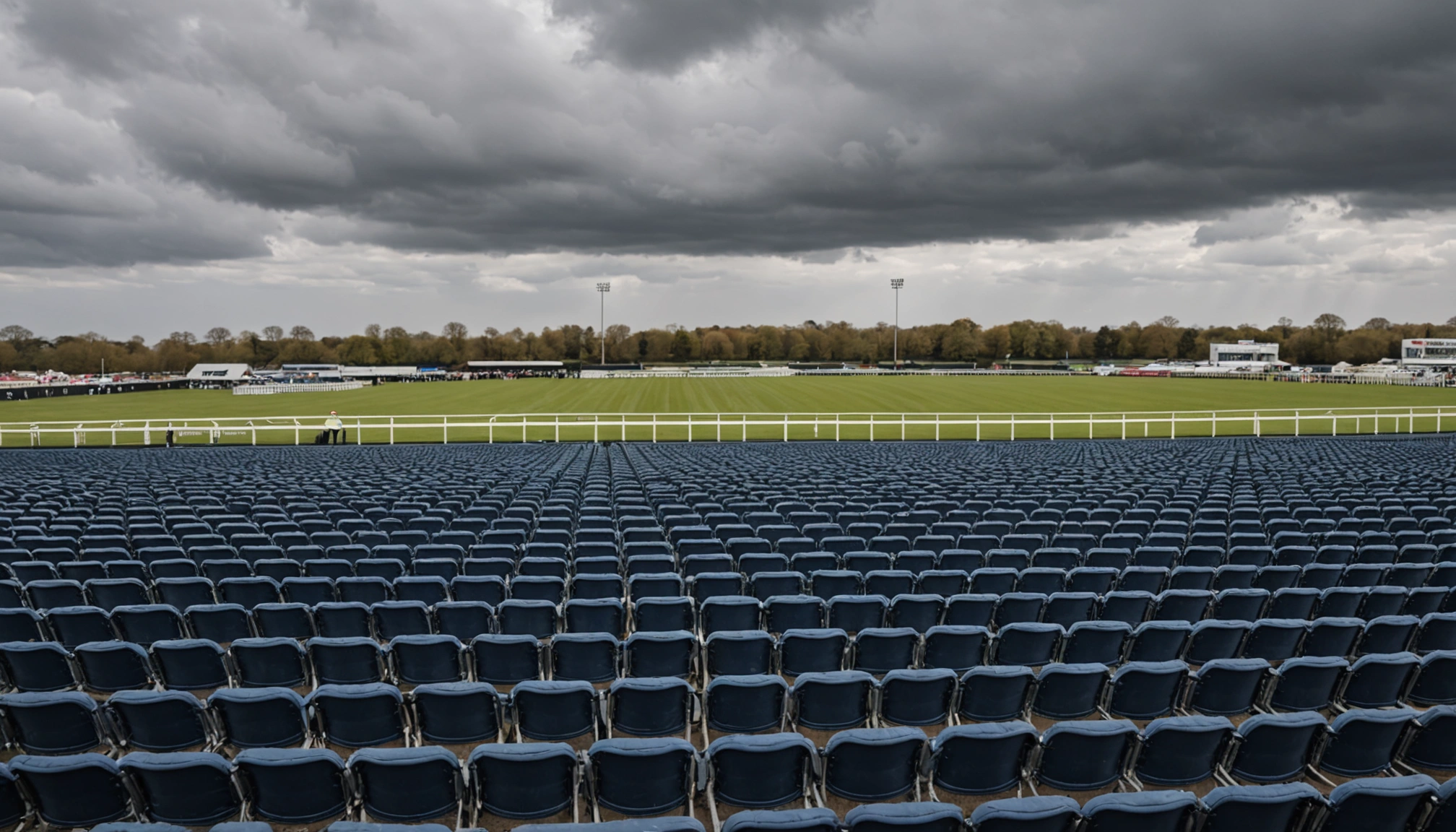British horseracing to stage historic strike over betting tax hike
British horseracing will see no races on September 10 in protest of proposed Government betting tax increases, marking a historic first for the sport.

By Editorial
British horseracing makes history with strike over tax proposals
For the first time in modern British horseracing history, no race meetings will take place on a given day as the industry collectively protests against the Government's proposed increase in betting taxes. On Wednesday, 10 September 2025, all scheduled races across key venues including Lingfield Park, Carlisle, Uttoxeter, and Kempton Park will be cancelled as part of this unprecedented strike.
The British Horseracing Authority (BHA) has taken this bold step amid growing concerns that the Treasury’s plan to align horserace betting tax rates with higher online gaming taxes will severely impact the sport’s economic health and sustainability.
Understanding the Government’s tax proposal and its implications
The Government plans to consolidate existing online betting duties into a single tax band, increasing the current 15% rate paid by bookmakers on horserace betting to 21%, matching online games of chance. This change is part of the Treasury’s wider strategy to streamline gambling taxes ahead of the Autumn Budget.
Economic analysis commissioned by the BHA highlights the potential fallout: a predicted loss of around £330 million in revenue within five years and approximately 2,750 jobs at risk across the horseracing sector. This industry supports not only racecourses and bookmakers but also trainers, jockeys, stable staff, and local economies around racing venues.
Why is horseracing so vulnerable?
Unlike other sports, horseracing’s revenue model relies heavily on betting turnover. Operators are likely to respond to increased tax burdens by raising prices for punters, cutting down on valuable bonuses, and reducing marketing spend. This chain reaction risks dampening consumer interest and spending, which directly undermines racecourse income and prize money levels.
The significance of the race cancellations on 10 September
Historically, race meetings have only been cancelled due to uncontrollable events such as severe weather, equine disease outbreaks, or extraordinary national crises like the Covid-19 pandemic. This strike is unique because it represents a voluntary industry-wide refusal to race as a form of protest against Government policy.
By halting races at four major venues simultaneously, the BHA aims to send a powerful message to policymakers about the potential damage of the proposed tax hike. The cancellations will inevitably disrupt the racing calendar but are viewed as a necessary measure to safeguard the sport’s future.
Major campaign event in Westminster highlights industry concerns
On the same day as the strike, senior leaders from the British horseracing community will convene in Westminster to engage directly with government officials and the media. Owners, trainers, jockeys, and industry representatives will highlight the threats posed by the tax proposals and advocate for their removal.
This event forms part of the broader 'Axe the Racing Tax' campaign, which has gained significant traction within the sport and among its supporters. The campaign emphasises horseracing’s £4.1 billion contribution to the UK economy and the thousands of livelihoods dependent on its continued success.
Case study: Economic impact on local communities
Racecourses like Carlisle and Uttoxeter play vital roles in their local economies, generating employment and tourism. The proposed tax increase threatens this balance by reducing the financial resources available to support community events, maintenance of facilities, and local supply chains.
What could this mean for the future of British horseracing?
If the Government proceeds with the tax rise, horseracing faces potential long-term challenges including lower prize money, reduced race meeting frequency, and diminished international competitiveness. Such effects could discourage investment and participation from key stakeholders.
Conversely, successful lobbying and tax relief could preserve the sport’s economic vitality and maintain its cultural significance in the UK. The upcoming Autumn Budget will be a critical moment for horseracing’s future.
How fans and punters can support the campaign
Many fans and punters have expressed solidarity with the industry’s stance. Supporting the campaign by staying informed, attending local race meetings when possible, and advocating for fair taxation can help amplify the message to policymakers.
For those interested in the current racing calendar and updates, platforms providing live results and racecards play an essential role in keeping the community engaged during this turbulent period.
Conclusion: a pivotal moment for British horseracing
The historic strike on 10 September 2025 marks a defining moment for British horseracing as it stands united against a Government tax policy perceived as threatening its survival. The sport’s collective action underscores the deep economic and cultural importance of horseracing in the UK. Stakeholders and supporters alike await the Government’s response with keen interest, hopeful for a resolution that sustains this cherished British tradition.
Related topics
Editorial
Sports expert at SportsScoop
Specialist in sports analysis and journalism
Related articles
Want to read more?
Explore our comprehensive collection of sports articles and analysis, or contact us for more information.



